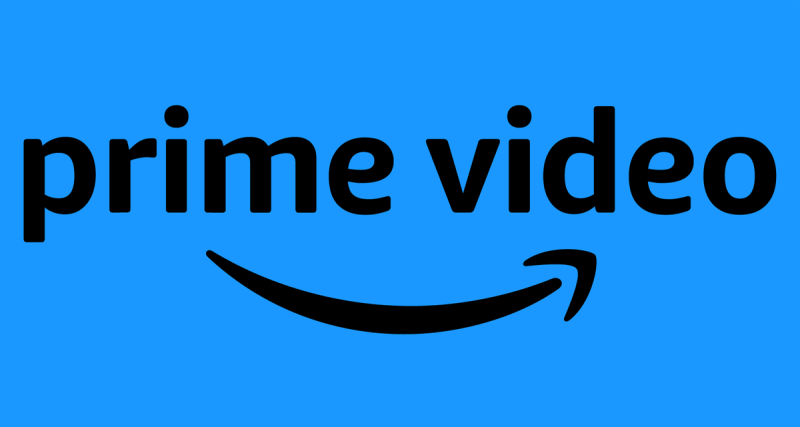Ghostbusters, Point Break, Ben-Hur, RoboCop, Get Carter - the list goes on. In the 2000s, it was estimated that on average, 19 major Hollywood remakes were released every calendar year - the most of any decade alone. In 2005 alone, a colossal 33 remakes made it to cinemas.
Remakes, reboots, sequels, prequels, and spin-offs have become a fixture of the modern film industry. And while these films are often critically panned they are often more commercially successful than one might think.
Stay up to date with all your favourite shows - and know what your kids and grandkids are talking about - by taking out a subscription to a leading streaming service. Click a provider below to get started.
Read on to learn more about this filmmaking phenomenon, why it’s happening, and what it means for audiences around the world.
Are remakes & sequels really that popular?
Yes. Surveys have found that sequels and reboots comprise the most commercially successful market segment within the film industry when compared to any other sector, despite the generally lacklustre critical response.
The formula often goes like this: a mediocre to good original film will be released, it will make a profit of $X million at the box office, and a studio will decide to finance a sequel, remake, or reboot at some point in the future.
Between streaming rights, box office sales, and rentals through platforms like the Sky Store, consumer interest is initially positive. The logic for most audiences is, understandably, “I liked the first film, so I should like the second.”
At this point, you can start to draw parallels to TV. Think about it - people used to roar about films through the 20th century, but since the turn of the 21st, boxsets have started to barge into this space and dominate Monday morning office - or Zoom - chat.
This is because a film gives you two or three hours to get to know a cast of characters, and a plot, effectively limiting the extent to which it can draw audiences in and anchor their interest in the narrative.
TV, on the other hand, gives you a cast which you get to identify with over anywhere between 13 and 100 hours, which is a staggering increase. This means that the time you have “invested” into a series makes you naturally more interested in seeing it out to its conclusion.
The logic is effectively the same for sequels. Take the emerging trend of “multiverse” cinema, where multiple films are set across the same universe over a period of years, or even decades.
The most famous example of this, for all its shortfalls, is the Marvel Cinematic Universe. Watch two or three films you enjoy - all of which follow a similar yet ultimately satisfying trajectory - and the likelihood that you’ll want to watch the other 20 increases tremendously.
This line of thinking also translates to remakes or reboots with franchises like Alien, Blade Runner, and even the ever-increasing number of live-action Disney films such as Aladdin and The Lion King.
The numbers
The mass appeal of this formula has been proven time and time again. A 2019 article by Radio Times shows that the number of Hollywood remakes and sequels has increased by a staggering 700% since 1993.
Their box office popularity has also skyrocketed. Again, in 1993, just two of the top 20 highest-grossing films were “remakes, prequels, sequels, spin-offs, [or] reboots”. In 2018, this number increased to 18 out of 20.
Why do studios fund so many remakes & sequels?
This might seem like a simple answer, but: because it makes money. Ultimately, you have to remember that film production studios are businesses. This means that a studio’s #1 aim when producing a film is making sure its global box office sales figures cover the cost of producing it.
This means that when they’re studying what resonates with audiences, Hollywood production boards will look at similar films and trends that are “tried and tested” - those that have successful and profitable time and time again.
This means that the more people go to watch sequels and remakes, the more money they’ll make, and the more they’ll fund, produce and release. Effectively, as long as they remain popular, they will keep being made, with the critical response being little more than an afterthought.
Are remakes getting worse?
As easy as it would be to condemn all remakes for their existence alone, the trends in terms of quality and critical response are mixed.
This article by film & tv review aggregator Rotten Tomatoes lists 12 of the worst remakes ever. While all were released after the year 2000, only five of the 12 are from the 2010s, and only three of the bottom five are from the same decade. This is a small (and extreme) sample pool to pick from, but there doesn’t really seem to be a conclusive verdict.
A 2019 article (again by Rotten Tomatoes) also indicated that while on average, remakes have a score of 47% (compared to 81% for original films), reboots are generally more well-received among critics. There are even examples (James Bond and Disney) where most of the critic scores the site has aggregated are positive.
Altogether, while the formula isn’t showing any signs of slowing down - and this won’t change as long as audiences still go to watch reboots, remakes, and sequels - not everything is bad news. A clean slate is sometimes what a popular franchise needs after a few entries. Using pre-existing material as a platform for reinvention, rather than lazy storywriting, can still be a rewarding filmmaking endeavour.
It’s also worth noting that at the other end of the spectrum, audiences are more prepared to welcome smaller studios and indie cinema than they ever have been. This shows that even if originality won’t come from giants like Paramount and Warner Bros, it is coming from younger indie studios like A24 (Uncut Gems, The Lighthouse, Moonlight) and Annapurna (Vice, Her, Joy, Lawless), for instance.
Remakes, reboots, sequels, prequels, and spin-offs are just a fact of life in modern cinema. And while trying to find a good film among them feels a lot like panning for gold in your garden, it’s not impossible, and it certainly doesn’t mean that good cinema is dead. Try something new from a studio or a director you’ve never heard of - you might be surprised.









